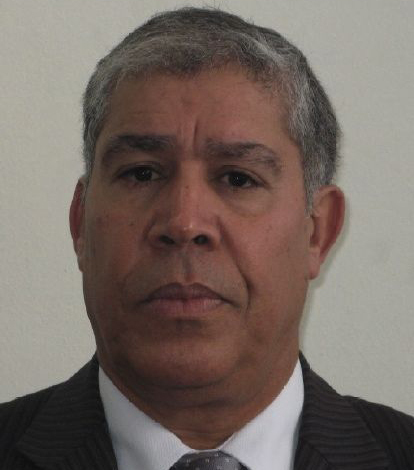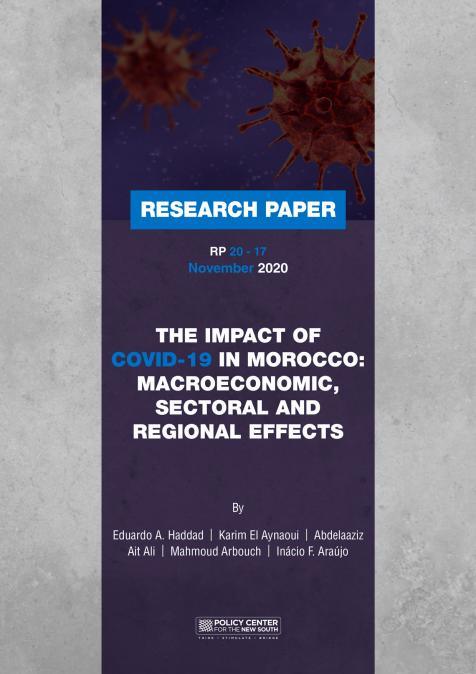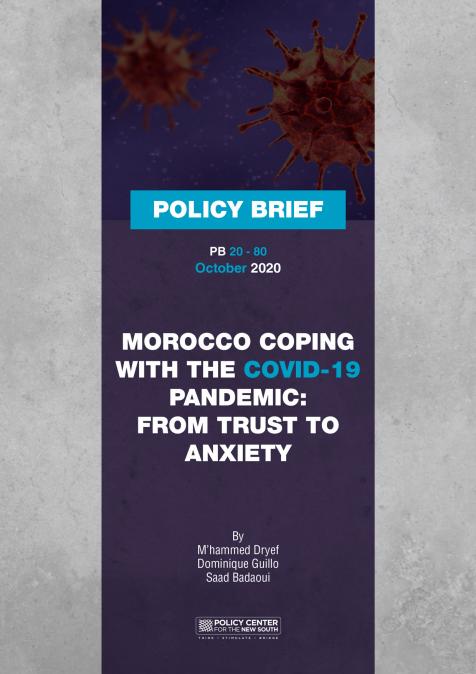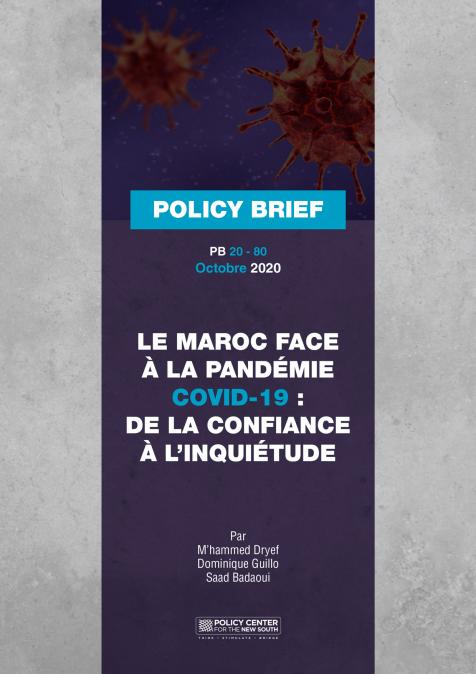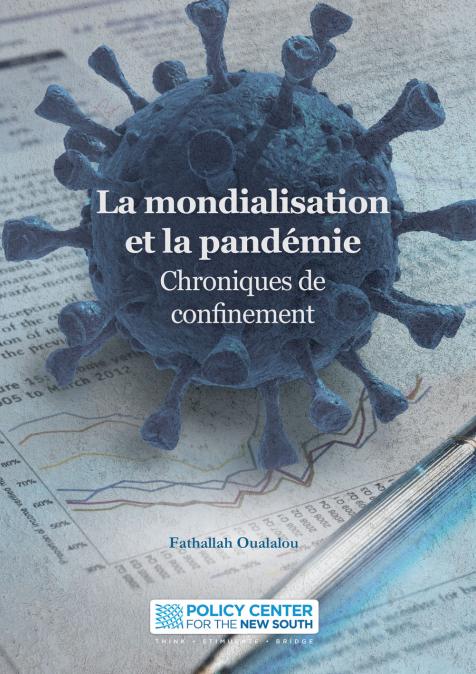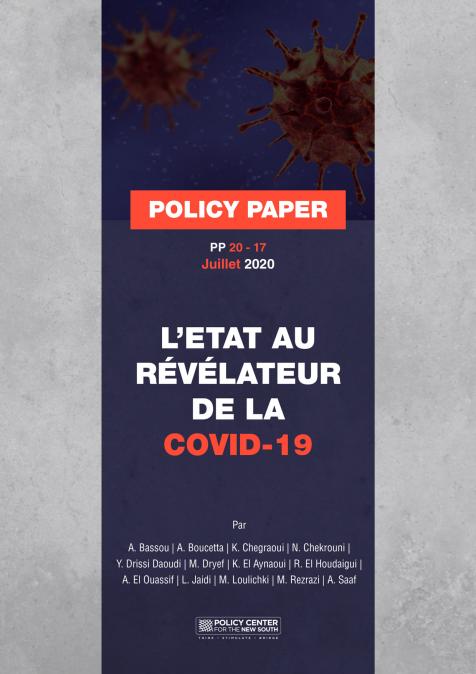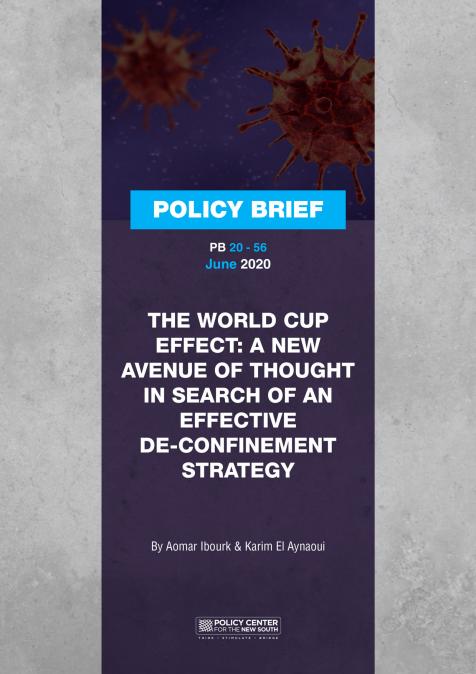يرتبـط مفهـوم الطبقـة الوسـطى ارتباطـاً جوهريـاً بمفهـوم الطبقـة الاجتماعية وبدراسـة التقسـيم الاجتماعي كما يتطلــب توســيع هذه الطبقــة حركيــة اجتماعيــة هدفهــا القضــاء علــى الفقــر وتمكيــن السـاكنة ذات الدخـل المنخفـض والتـي تعانـي الهشاشـة مـن الولـوج إلـى مسـتويات معيشـية أعلـى مـن عتبـة الفقـر، وذلـك مـن أجـل بلـوغ درجـة مـن الأمن الاقتصادي، أي التمكـن مـن تغطيـة نفقـات المعيشـة واقتنـاء السـلع الاستهلاكية المسـتدامة والاستثمار فـي الأنشطة الإنتاجية والادخار للمسـتقبل كما جاء في آخر تقرير للمجلس الاقتصادي والاجتماعي والبيئي حول الطبقة المتوسطة. فكيف يمكن تعريف الطبقة المتوسطة في المغرب؟ ما هي سبل ووسائل تعزيز وتوسيعها بما يسمح بالنهوض بالتنمية الاقتصادية والاجتماعية؟ وكيف يمكن ملاءمة طلبات المواطنين وعروض الخدمات العمومية في أفق خلق التوازنات الاجتماعية بين مساهمات المواطنين والفعل العمومي؟

